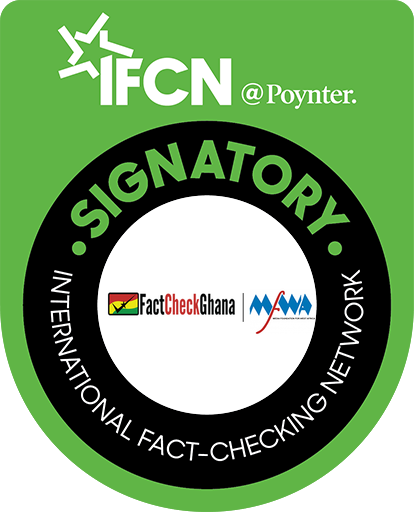Every year, from November 25th to December 10th, the world observes the “16 Days of Activism Against Gender-Based Violence.” It is used as a strategy by individuals and organizations around the world to call for the prevention and elimination of violence against women and girls.
Background
Initiated by the Center for Women’s Global Leadership in 1991, this annual campaign aims to challenge and eradicate gender-based violence (GBV) in all its forms. It begins on November 25th, which is the International Day for the Elimination of Violence against Women, and concludes on December 10th, Human Rights Day, symbolizing a unified call for human rights for all. Throughout the 16 days, diverse stakeholders, including governments, NGOs, activists, and individuals, organise rallies, seminars, workshops, and social media campaigns. They share stories, statistics, and strategies to combat GBV, fostering dialogue, and encouraging collective action.
Objectives
The 16 Days of Activism seeks to bring individuals, communities, and governments to address gender-based violence (GBV) comprehensively. It serves multiple purposes:
- Raise Awareness: It shines a spotlight on the prevalence and various manifestations of GBV, including domestic violence, sexual assault, harmful traditional practices, and more.
- Advocate for Change: The campaign calls for policy reforms, legal measures, and societal shifts to end impunity for perpetrators and provide support for survivors.
- Empowerment and Education: It emphasizes education and empowerment programmes that promote gender equality, challenge harmful gender stereotypes, and encourage healthy relationships.
- Support Survivors: It advocates for the provision of support services, shelters, hotlines, and legal aid for survivors of GBV, emphasizing the importance of a survivor-centered approach.
How you can get involved
Here are five ways individuals, regardless of gender, can actively participate in the 16 Days of Activism Against Gender-Based Violence and beyond:
- Educate and raise awareness
To make a positive impact, initiate discussions about gender-based violence in your social circles and community, share informative resources, statistics, and survivor stories on social media, and consider taking part in workshops, seminars, or online sessions during the 16 days to increase your understanding of GBV and its repercussions.
- Support survivors and seek assistance
It is essential to show empathy and provide support to survivors of gender-based violence. Offer them a non-judgmental space to share their stories and provide them with information on local support services such as helplines, shelters, and survivor groups. If you or someone you know is experiencing GBV, seek help from trustworthy organizations or authorities.
- Advocate for change
To help combat gender-based violence, you can take part in campaigns or sign petitions that call for policy reforms and stronger legislation. You can also engage with local and national leaders by writing letters, attending meetings, or participating in peaceful demonstrations to demand accountability and concrete actions. Additionally, you can support initiatives that focus on violence prevention, gender equality, and providing holistic support for survivors.
- Challenge gender stereotypes and discrimination
It is important to reflect on our personal biases and behaviours that may contribute to the perpetuation of gender stereotypes or discrimination. We can promote respect and equality in relationships by challenging harmful gender norms and advocating for mutual respect and consent. We should encourage children and youth to embrace equality and respect for all genders through educational initiatives and positive role modelling.
- Promote active bystander intervention
Empower individuals to intervene as active bystanders effectively and safely by creating safe spaces where they can speak out against harassment, discrimination, or violence, and by educating them on how to offer support or seek help when witnessing potential instances of gender-based violence or disrespectful behaviour.
These actions are not limited to the 16 Days of Activism Against Gender-Based Violence; they are essential practices that can contribute to fostering a culture of respect, equality, and safety throughout the year.
As the world commemorates these 16 days, fact-check Ghana reaffirms its commitment to stand against all forms of gender-based violence and work towards a future of dignity and equality for all.
The writer of this report, Ibrahim Khalilulahi Usman, is a fellow of the Next Generation Investigative Journalism Fellowship at the Media Foundation for West Africa (MFWA).



